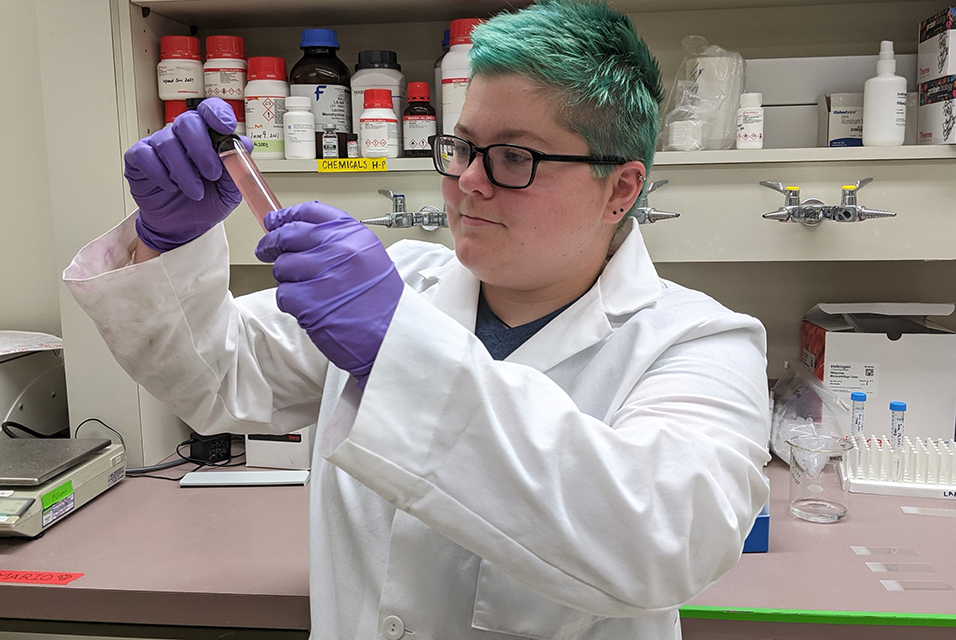EDMONTON.- A
University of Alberta-led study shows that when it comes to susceptibility to infections and other health conditions, sex matters.
The research, published in the journal Frontiers in Immunology, was led by U of A immunologist Shokrollah Elahi. Elahi and his team looked at how anemia — a condition in which a person lacks enough mature red blood cells to carry oxygen in the body — can be due to an iron deficiency or loss of blood, and can generate different immunological responses in males versus females.
Knowing females are generally more predisposed than males to anemia due to monthly blood loss or pregnancy and childbirth, Elahi said looking at the impact of anemia on the immune systems in a controlled environment was the key.
“We have shown in this study that females in general have more immature red blood cells in their blood circulation than males. One main reason for the presence of immature red blood cells in the blood circulation is anemia. In particular, the proportion of these cells expands in anemic women and these immature red blood cells in return suppress the immune system, making females more susceptible to infections,” said Elahi, who is also a member of the Women and Children’s Health Research Institute (WCHRI), the Cancer Research Institute of Northern Alberta (CRINA) and the Li Ka Shing Institute of Virology. “Anemia results in the suppression of the immune system.”
Elahi’s group further found that women have more immature red blood cells in their blood circulation after their menstrual cycle than before it. The finding suggests women’s immune systems might be less active after menstruation and their odds of getting an infection increase.
According to Elahi, childbirth and menstrual cycles contribute to women being more anemic than men, but the proof-of-concept study shows that anemia suppresses the female immune system more and makes women more prone to infections. The study also highlights the importance of anemia as a condition that can impair the immune system and cause females to be more susceptible than males to infections.
One size does not fit all
What the researchers discovered further cements the need to stop treating both sexes with the same strategies, Elahi noted.
With the emergence of precision medicine in recent years and the rejection of one-size-fits-all diagnostic and therapeutic approaches, the significance of sex as a variable — and its impact on prevention, diagnostic, and therapeutic strategies — have become more evident, he said.
“The basis for personalized medicine is that males and females have different biology and immune responses. Sex influences the immune system resulting in sex-specific outcomes from autoimmune and infectious diseases, cancers and even response to immunization,” said Elahi.
“In the past, we treated males and females the same, but in recent years there has been substantial attention to the role of sex in immune responses, as both respond differently to the same disease or treatment.”
Elahi hopes future studies will identify the precise factors associated with sex differences in the immune responses.
“Understanding such mechanisms will define important new strategies for effective prevention and treatment of immune-related conditions,” he said.
“Males and females have different physiology and immune systems. Therefore, we need to be taking into account these differences between females and males from the very start of any research or clinical trial.”
The study was supported through funding from the Canadian Institutes of Health Research and the Alberta Women's Health Foundation through WCHRI.










